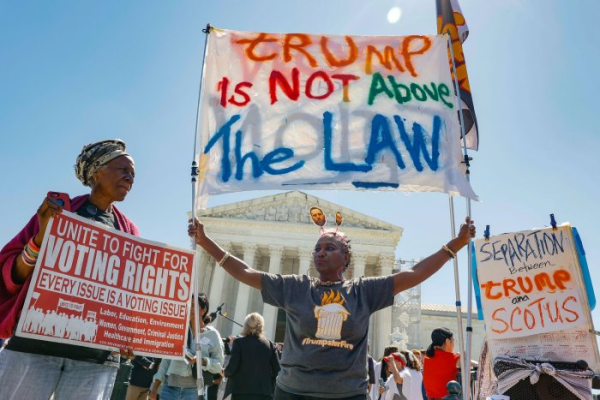On July 1, 1867, Canada became a self-governing state within the British Empire.


1 of 7 | On July 1, 1867, Canada became a self-governing state within the British Empire File Photo by Paul Hanna/UPI | License Photo
On this date in history:
In 1847, the first U.S. postage stamps were issued.
In 1859, the first intercollegiate baseball game was played in Pittsfield, Mass., and it was a high-scoring contest. Amherst beat Williams, 66-32.
In 1867, Canada became a self-governing state within the British Empire, setting the stage to become fully independent in 1931. Today, Canadians celebrate July 1 as Canada Day.
In 1874, the Philadelphia Zoological Society, the first U.S. zoo, opened to the public.
In 1898, Teddy Roosevelt and his Rough Riders led a charge up Cuba’s heavily fortified San Juan Hill in a key Spanish-American War battle.
In 1908, more than a thousand suffragettes in London attempted to rescue 28 of their fellow protesters who were arrested by police following a demonstration in Parliament Square.
In 1916, in the worst single day of casualties in British military history, 20,000 soldiers were killed and 40,000 injured in a massive offense against German forces in France’s Somme River region during World War I.
In 1932, Democrats nominated Franklin Delano Roosevelt for president. FDR was elected to four consecutive terms.
In 1941, NBC broadcast the first FCC-sanctioned TV commercial, a spot for Bulova watches shown during a Dodgers-Phillies game. It cost Bulova $9.
In 1941, Mammoth Cave National Park was established in Kentucky, protecting 52,830 acres of caverns and a diverse group of animal and plant species. The park is also a UNESCO World Heritage site.
In 1946, the United States conducted its first post-war test of the atomic bomb at Bikini Atoll in the Pacific.
In 1961, Haleakalā National Park was split off from Hawai’i National Park to become its own park.
In 1979, Sony introduced the Walkman, known as the Soundabout, in U.S. stores. It sold for about $200.
In 1984, the Motion Picture Association of America introduced the PG-13 rating to warn parents that a film may be too violent for children under the age of 13. A top U.S. Catholic Conference official said the move was just another way to exploit young people.
In 1990, the West and East German economies were united, with the Deutsche Mark replacing the mark as currency in East Germany.
In 1997, Hong Kong was returned to China after 156 years as a British territory. Britain’s Prince Charles, Prime Minister Tony Blair, Chinese President Jiang Zemin and U.S. Secretary Madeleine Albright attended the ceremony. Britain first occupied Hong Kong in the 1840s amid the First Opium War.
In 2002, in a rare high-altitude accident, a passenger airliner collided with a cargo plane over Germany, killing all 71 people on the two planes — 69 on the airliner and two on the cargo aircraft.
In 2013, Croatia became the 28th member state of the European Union.
In 2013, a year after Mohamed Morsi became president of Egypt, hundreds of thousands of protesters marched in cities across the country, calling for him to step down. Morsi was ousted by the military two days later and died in June 2019.

File Photo by Ahmed Jomaa/UPI
In 2019, Japan resumed commercial whaling for the first time in 31 years.
In 2023, King Willem-Alexander of the Netherlands acknowledged and apologized for the Dutch role in the historical slave trade in a speech marking the 150th anniversary of the end of slavery in Dutch Suriname.
In 2024, the U.S. Supreme Court ruled that Donald Trump has partial immunity for official acts while he was president in a case tied to his attempts to overturn the results of the 2020 presidential election.

File Photo by Jemal Countess/UPI